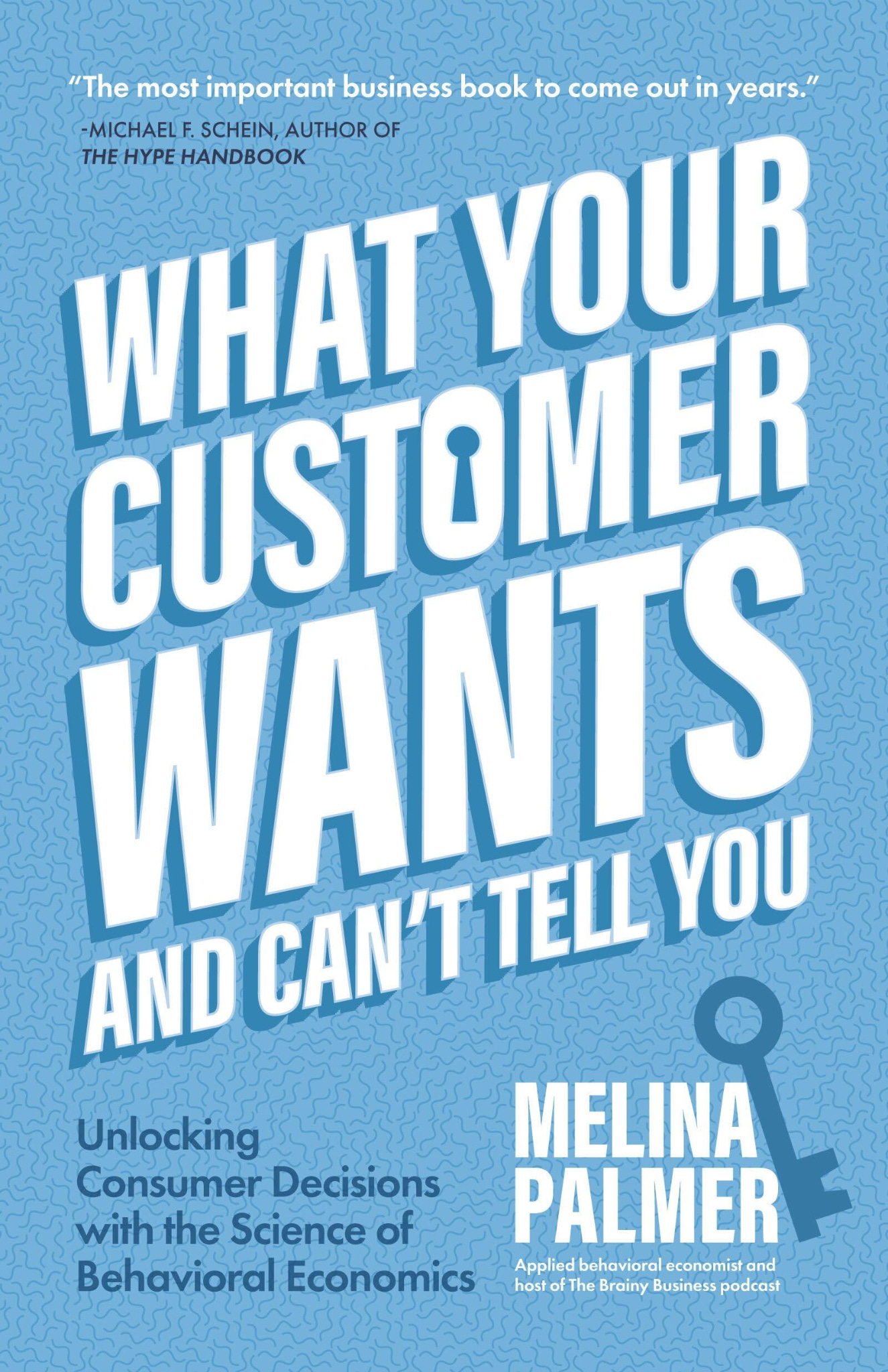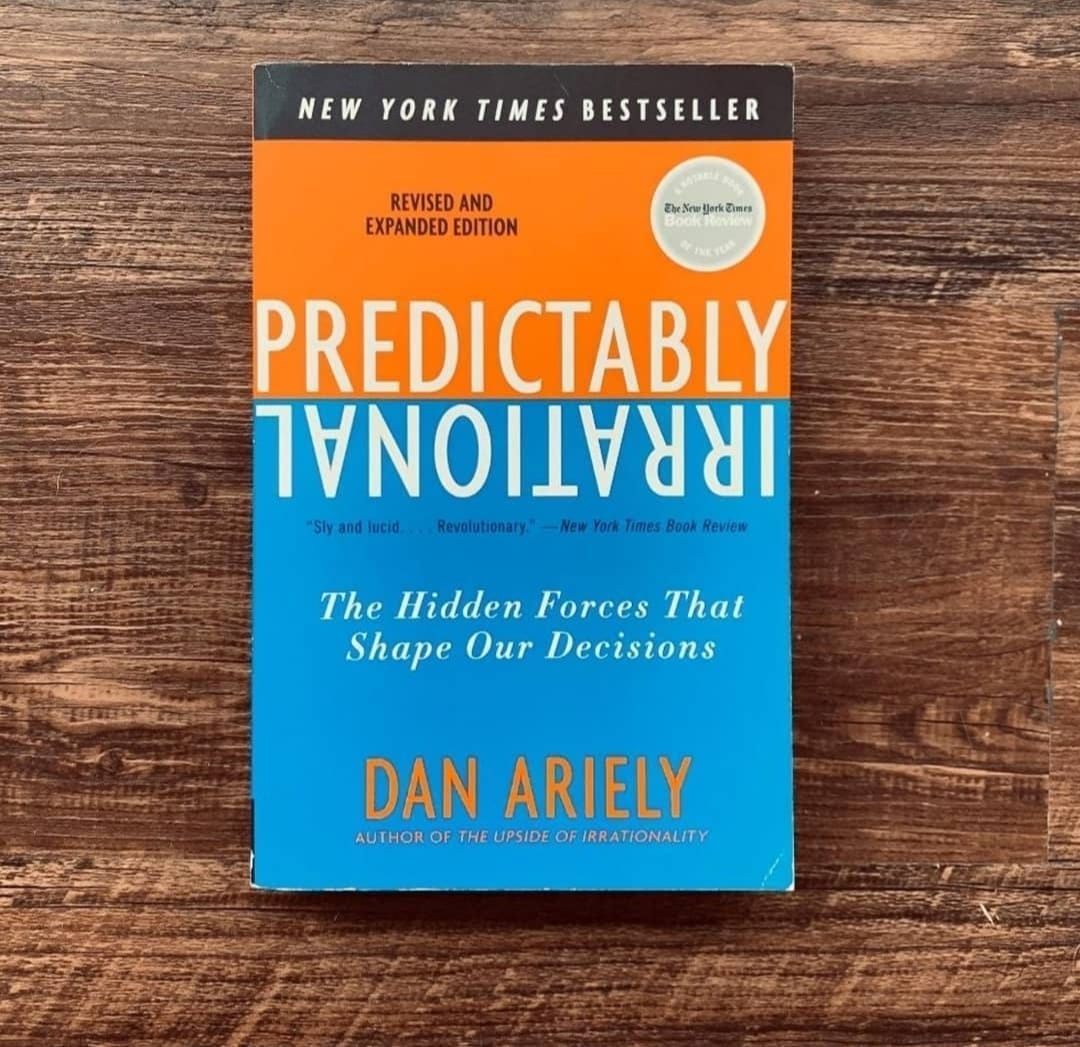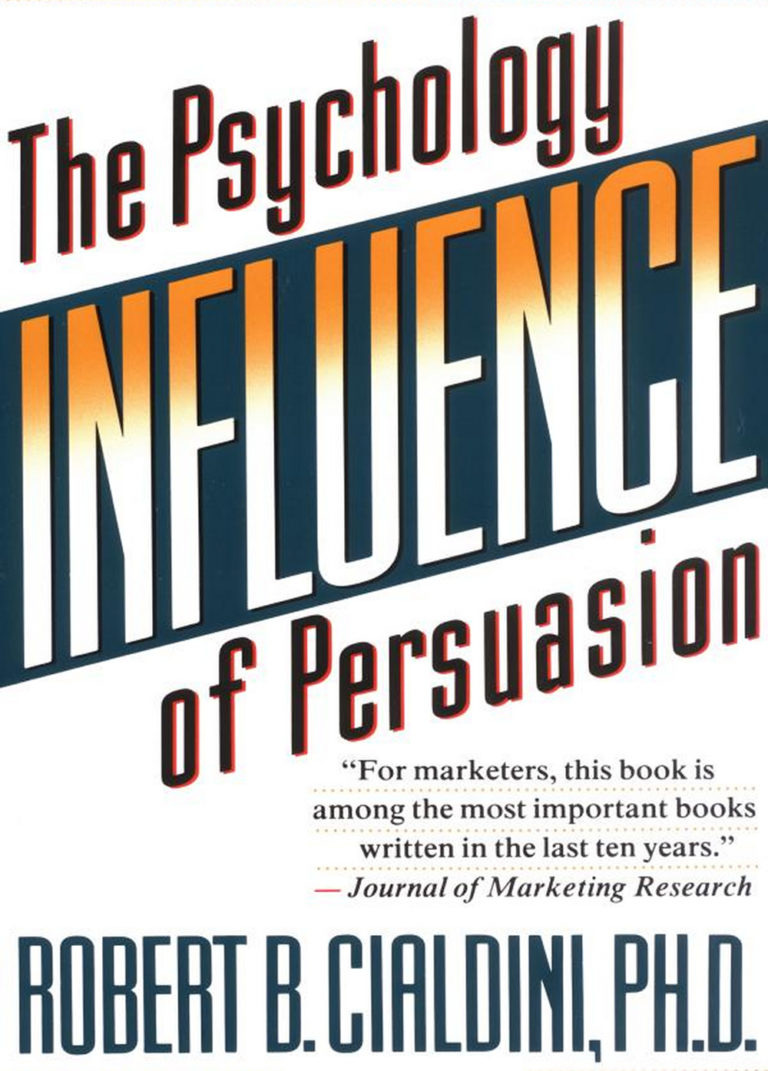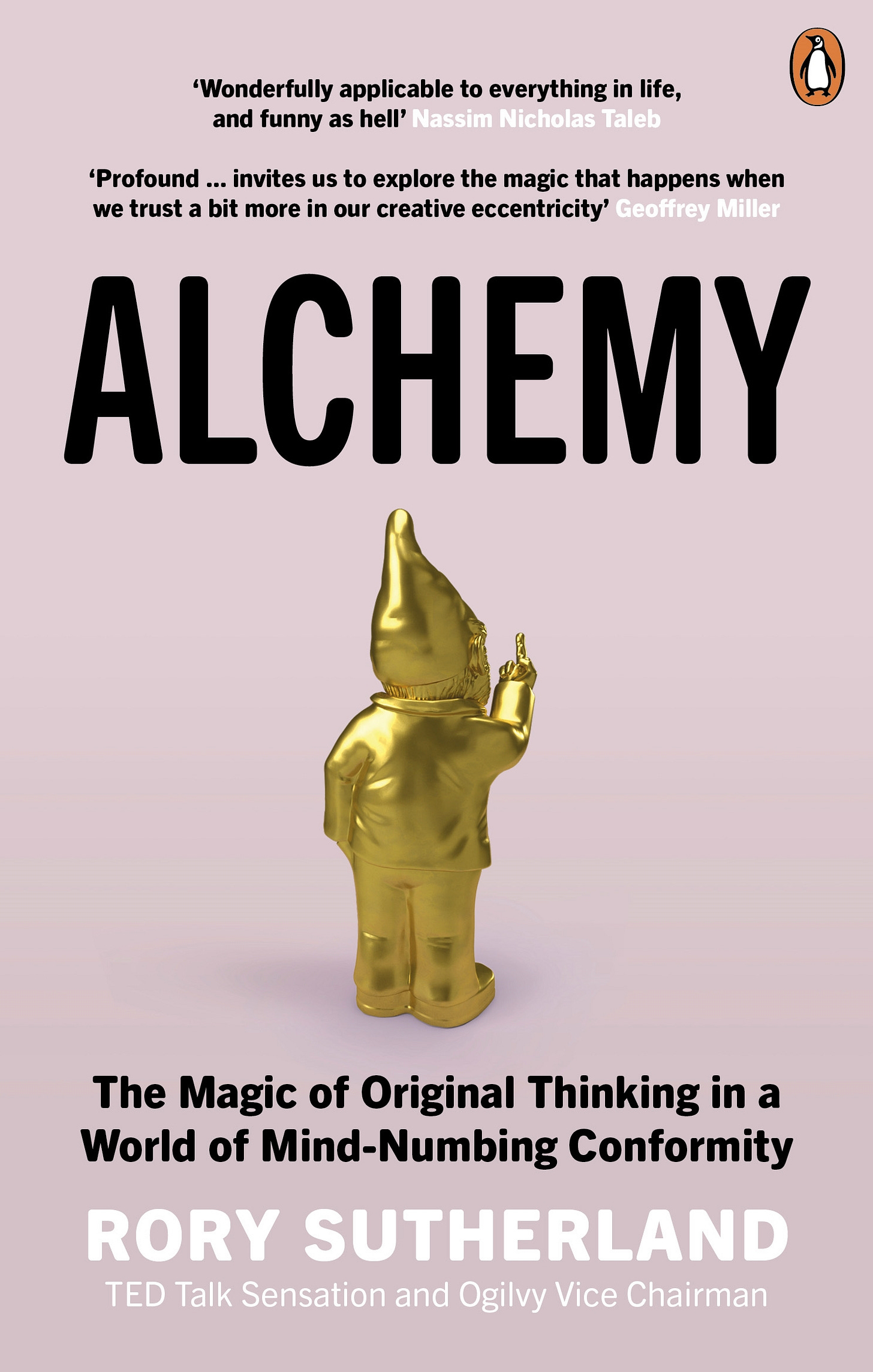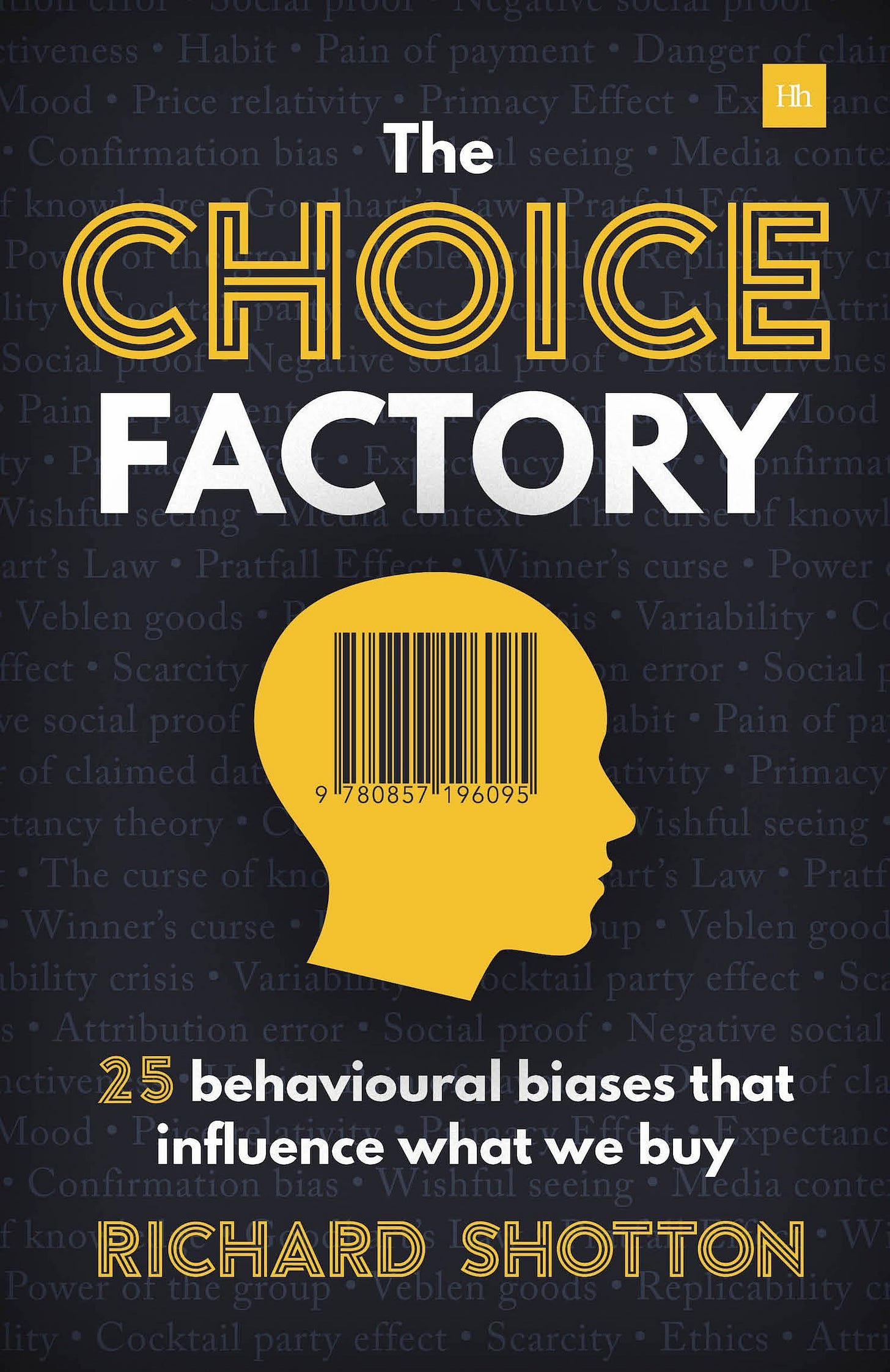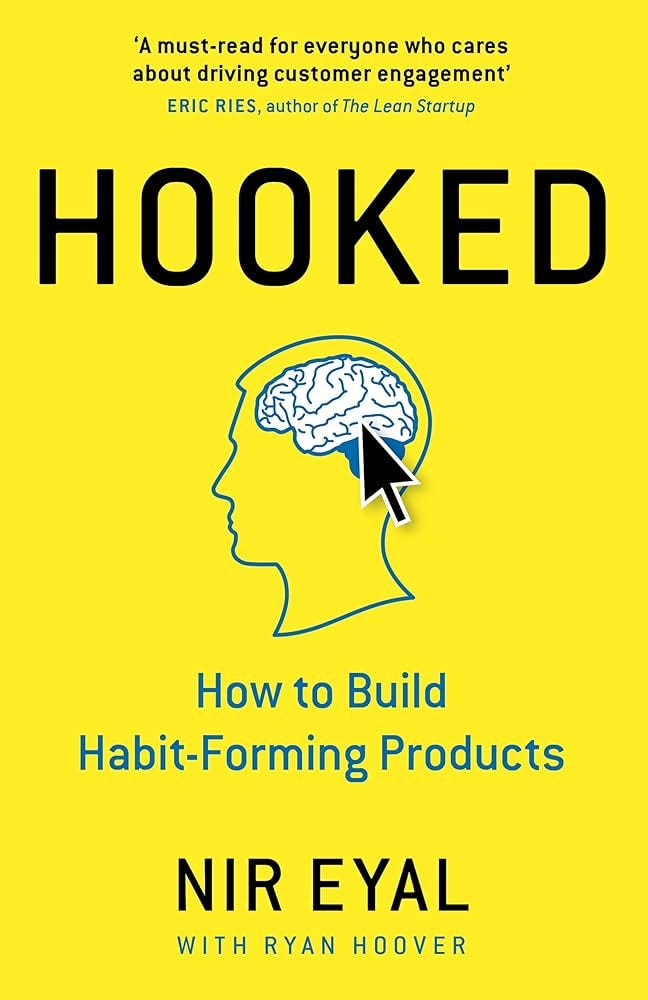Why Your Customer's Brain Matters More Than Your Marketing Tech
And a psychology shortcut that outperforms every marketing tool you've bought
I remember hearing about the story below from Rory Sutherland:
“ One thing that consistently boils my piss is landing at an airport, only to be told you’ve got to get on a fucking bus. Recently I landed at Gatwick on easyJet, where a behavioural science genius masquerading as a budget airline pilot made me much less grumpy about the bus.
He said, “There’s good news and there’s bad news.”
“The bad news is that we haven't been able to get to the air bridge because there's a plane blocking our gate. But the good news is that the bus takes you right next to passport control, so you don't have far to walk with your bags.” (which is always the case, BTW).
Whether the pilot knew it or not, he delivered a masterclass in taking something that's bad, redirecting my attention to the good bit/silver lining, and against all odds, changing my perception to make me think getting on the bus was all good news.”
This story is a perfect reminder of the importance of behavioural psychology.
What’s the lesson here?
We can apply psychology and creativity to all sorts of customer, marketing, and business challenges. We need an open mind to see possible but not obvious solutions.
People like to think they're rational. They're not, and this matters more for marketing than you think.
Companies approach marketing backwards. They obsess over tools, channels, and metrics while ignoring the fundamental reality of how humans make decisions.
I know this because I was like that in my early career. I was obsessed with Google Analytics, checking the numbers several times a day, trying to understand where people clicked, where they dropped off, our CTR, and whether they had downloaded our app.
But I had no clue why people do what they do and had zero understanding of the reasons behind the behaviours of our target audience.
I was already reading about Behavioural Psychology and learning some of its fundamentals by then.
An A/B Test Changed My Perspective
One day, I tried to apply one of the basic principles, “Framing,” to a practice test for one of the AB tests.
The same product, same price, same audience targeted, but packaged differently. The one where I used framing and customers’ daily language to describe their pain (ticket cancellation causes them to lose money), and the product I was selling was a flexible ticket option.
The results were shocking. The one where we sprinkled behavioural psychology into the copy generated 22% more sales.
I was super excited about it, and I asked myself, “What can I learn more about this topic?”
Here's what I learnt: Our brain has two operating systems.
System 1 is our default mode. It’s fast, it’s intuitive, and it’s automatic. It makes 95% of our decisions on a given day without consulting us. I call this mode (you guessed it right) “Autopilot”
System 2 is our analytical brain. Contrary to System 1, this one is slow, it’s deliberate, and it is highly rational. It's what we engage when solving a math problem or learning something new. I call this mode “Deep Thinker”
The mistake we make as marketers is creating campaigns for System 2 while customers buy with System 1.
It's like speaking a foreign language to someone who can’t speak that language, shouting more and more, and being furious that they don’t understand you.
What I learned from Kristen Berman these three questions generally lead us to wrong answers:
“What did you do?" (Asking about the past)
When you ask this, people forget about the details of the past and answer what they think everybody else will answer.
Did you ever text and drive? Of course, I didn’t.
Did you eat chocolate after work last week? Are you kidding? No way I did that.
Did you work out 3 times last week? HELL YEAH (didn’t even go for a walk)
You get the point. People give a socially acceptable answer. People often forget the details of the past when you ask about them.
“What will you do?”(Asking about the future)
When you ask people about their future, they are imagining their ideal self. So, they will answer based on their ideal self, not their present self.
Will you be saving an additional 10% of your income for your pension? Oh, yeah, sure.
Would you eat an apple if we started serving them? Definitely.
Would you buy this cool app with its amazing features? Shut up and take my money!
But no one ever would. You get the point. In the future, everybody will be a perfect person. Everyone will read more books, eat healthier, and save more. But life is happening in the present moment. It means you have social pressure, health concerns, expectations, work stress, costs, and mood when making decisions in the present moment.
“Why did you choose this?" (Asking about the why)
When you asked this, people try to come up with rational explanations for decisions made unconsciously. In reality, people generally choose the easiest option (or the default option)
This is why I’m sceptical of focus groups. (Sorry, researchers)
When you ask someone, "Would you buy this product?" you're forcing their analytical brain to engage with a question their intuitive brain will ultimately decide.
The answers people give in these situations are pure fiction. Not because they're lying, but because they literally don't know how they'll behave.
We've been taught to believe that humans make logical decisions after considering the costs and benefits.
Classical economics is built on this assumption - and I have studied Economics as my Bachelor’s degree :(
But as you know by this point, it doesn’t work like that.
That’s why:
We turn the car radio volume down when we’re not sure about the address or entering a new neighbourhood. Because your brain switches from Autopilot (you were singing along with the radio), almost like cruise control, to Deep Thinker to think rationally, which road to pick.
We drive across the other side of the city to save £50 on a £200 purchase, but won’t drive five minutes to save £50 on a £1,000 purchase. The saved amount is the same, but the framing is different.
We buy more when prices end in .99 instead of .00
None of this makes logical sense. All of it makes psychological sense.
So, my tip for you is to study behavioural psychology, not only marketing technology. Learn about loss aversion, social proof, anchoring, and many more. Technology will continue to change, faster than before, with the help of AI, but human psychology won’t.
If you don’t know where to start, I recommend these books:



